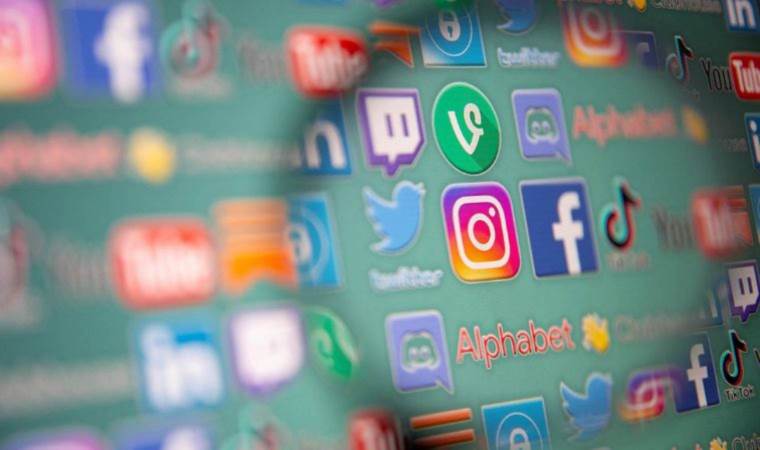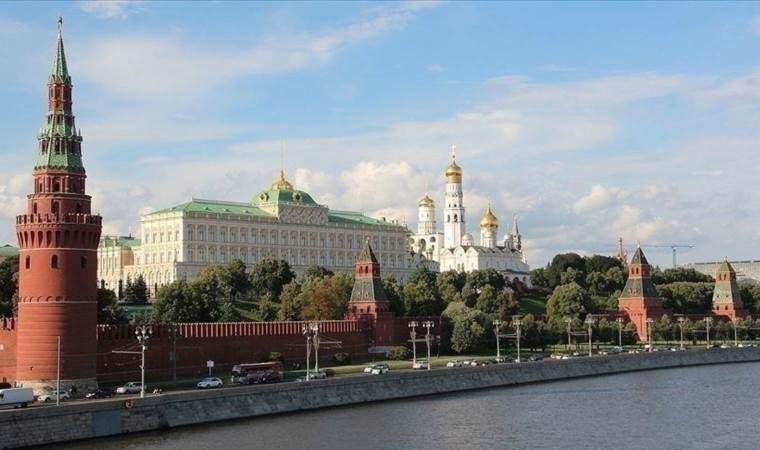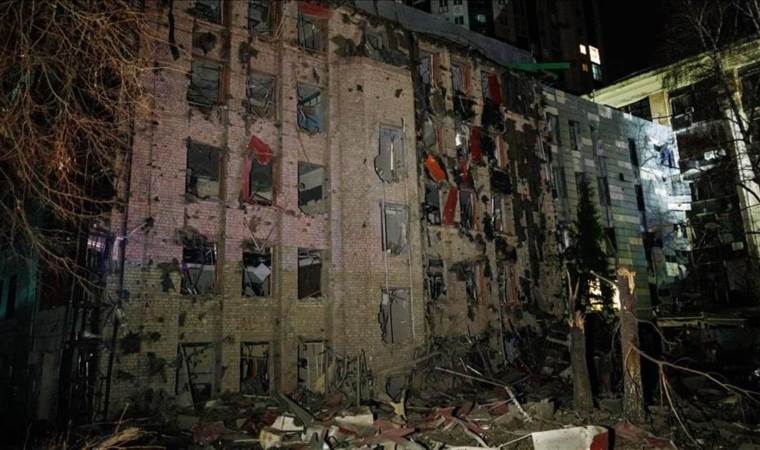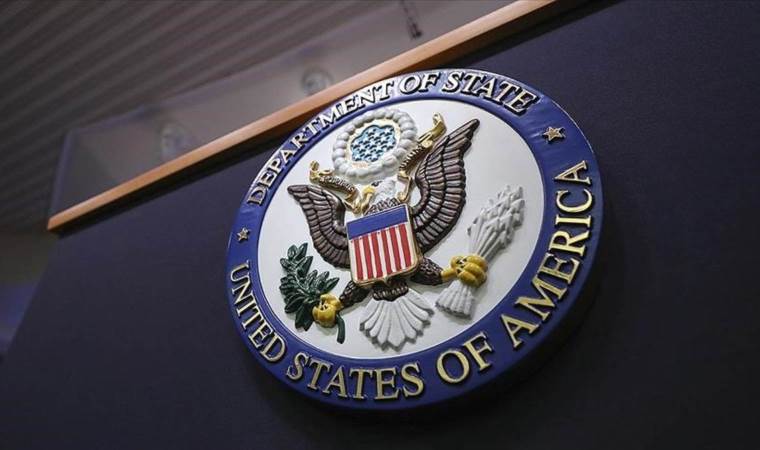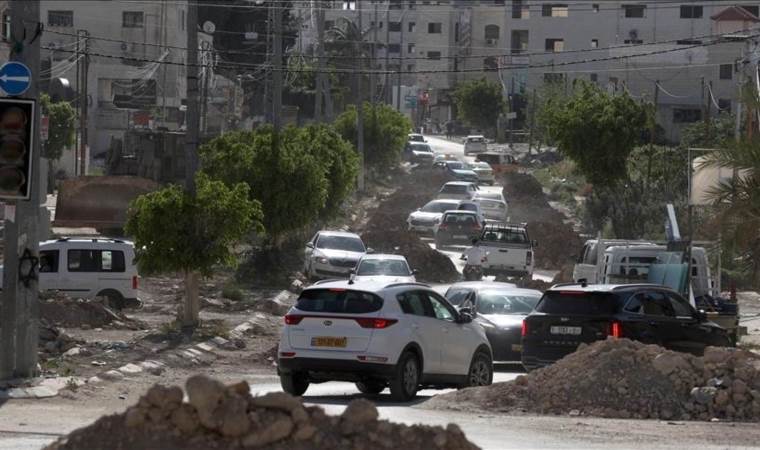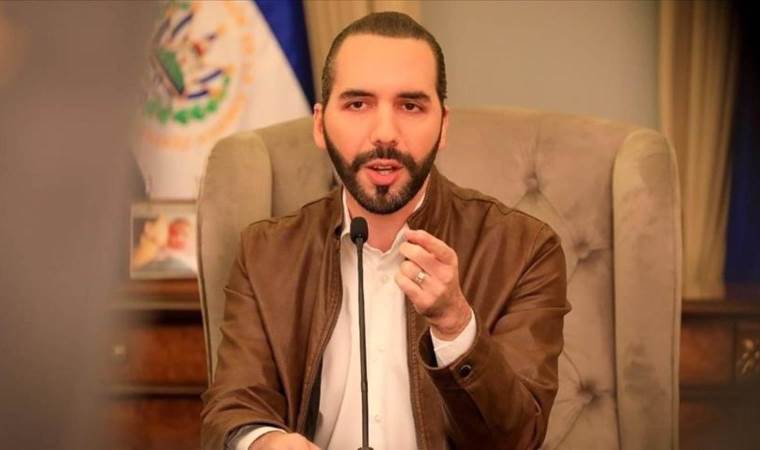US, China meet in Geneva to discuss AI risks
The U.S. and China will meet in Geneva to discuss artificial intelligence on Tuesday and U.S. officials stressed that Washington's policies would not be up for negotiation as talks explore how to mitigate risks from the emerging technology.
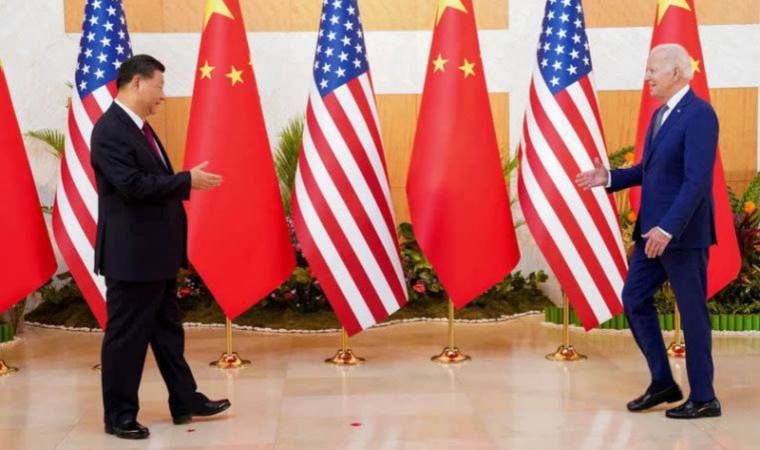
President Joe Biden's administration has sought to engage China on a range of issues to reduce miscommunication between the two rivals. U.S. Secretary of State Antony Blinken and China's Foreign Minister Wang Yi broached the topic of AI in April in Beijing, where they agreed to hold their first formal bilateral talks on the subject.
The State Department has pressed China and Russia to match U.S. declarations that only humans, and never artificial intelligence, would make decisions on deploying nuclear weapons.
"This is the first meeting of its kind. So, we expect to have a discussion of the full range of risks, but wouldn't prejudge any specifics at this point," a senior administration official told reporters ahead of the meeting when asked if the U.S. would prioritize the nuclear weapons issue.
China's rapid deployment of AI capabilities across civilian, military and national security sectors often undermined the security of the U.S. and its allies, the official said, adding the talks would allow Washington to directly communicate its concerns.
"To be very clear, talks with Beijing are not focused on promoting any form of technical collaboration or cooperating on frontier research in any matter. And our technology protection policies are not up for negotiation," the official added.
The U.S. delegation will include officials from the White House and State and Commerce Departments, the White House National Security Council (NSC) said on Monday.
Reuters has reported that the Biden administration plans to put guardrails on U.S.-developed proprietary AI models that power popular chatbots like ChatGPT to safeguard the technology from countries such as China and Russia.
A second U.S. official briefing reporters said Washington and Beijing were competing to shape the rules on AI, but also hoped to explore whether some rules could be "embraced by all countries."
"We certainly don't see eye to eye ... on many AI topics and applications, but we believe that communication on critical AI risks can make the world safer," the second official said.
NSC official Tarun Chhabra and Seth Center, the State Department's acting special envoy for critical and emerging technology, will lead the talks with officials from China's Foreign Ministry and state planner, the National Development and Reform Commission.
U.S. Senate Majority Leader Chuck Schumer plans to issue recommendations in coming weeks to address risks from AI, which he says will then be translated into piecemeal legislation.
He has cited competition with China and its divergent goals for AI, including surveillance and facial recognition applications, as reason for Washington's need to take a lead in crafting laws around the rapidly advancing technology.
Chinese authorities have been emphasizing the need for the country to develop its own "controllable" AI technology.
Most Read News
-
 Pope Francis dies at 88 after prolonged illness: Vatican
Pope Francis dies at 88 after prolonged illness: Vatican
-
 Kremlin ‘satisfied’ with US position ruling out NATO mem
Kremlin ‘satisfied’ with US position ruling out NATO mem
-
 Russia, Ukraine report airstrikes as Putin’s Easter ceas
Russia, Ukraine report airstrikes as Putin’s Easter ceas
-
 Trump ‘values’ talks with Japan, says Premier Ishiba ami
Trump ‘values’ talks with Japan, says Premier Ishiba ami
-
 US scales back development, diplomatic presence in Afric
US scales back development, diplomatic presence in Afric
-
 Israel bans Palestinian minister from occupied West Bank
Israel bans Palestinian minister from occupied West Bank
-
 At least 33 civilians killed in RSF shelling of Sudan’s
At least 33 civilians killed in RSF shelling of Sudan’s
-
 Gold price exceeds $3,400 to reach new record high amid
Gold price exceeds $3,400 to reach new record high amid
-
 China sanctions US lawmakers, officials, NGO heads
China sanctions US lawmakers, officials, NGO heads
-
 El Salvador’s president calls on Maduro to release Venez
El Salvador’s president calls on Maduro to release Venez
